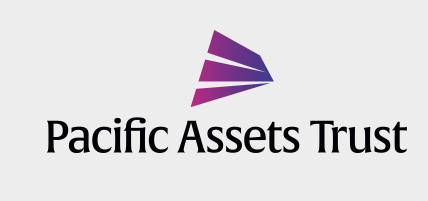Bias towards transparent companies behind Pacific Assets’ underperformance – Pacific Assets Trust (PAC) delivered an NAV per share total return of +12.8% in the year to 31 January 2018. It lagged the Benchmark MSCI All Country Asia ex Japan Index’s return of +27.0%. The average share price discount to the NAV per share during the year was 2.4% which compares to an average discount of 2.2% during the previous year.
In regards to their strategy of investing for the long term in companies that can grow their businesses sustainable, the manager has been concerned about a number of corporate governance issues around some of the region’s top performing companies. Specifically, these are Samsung (where there have been internal issues that the markets are happy to overlook) and the Chinese internet companies Alibaba, Tencent and Baidu. The manager has concerns over their corporate structures (which are opaque), political risk around the individuals at the top of them and their business models. Not owning or being underweight these stocks has hurt performance on a relative basis.
Past performance record
The company points out that in the last five years the net asset value per share total return was +12.3% on an annualised basis. At the year-end the company’s net assets were £320.7 million. Five years ago, they were £187.6 million. They go on to say that, when looked at in absolute terms such growth in value exceeds what one should expect the long-term return from equities to be, even allowing for the premium expected from investing in the economically dynamic Asia Pacific Region. Over the last five years, however, the annualised net asset value per share total return of +12.3% compares with the Benchmark return of +11.8%. Over the 12-month period, the company’s net asset value per share total return of +12.8% compares with the peer group of seven other Asian Investment Trusts’ average return of +26.8%.
Outlook
There is a higher level of uncertainty in all global markets with a related rise in volatility. The rise in inflationary expectations by previous standards remain quite modest, but the difficult question is how the gradual reversal of years of monetary ease and extreme debt accumulation will impact across asset classes that have risen, often exponentially, on a tide of liquidity.
The underlying growth characteristics found in Asia, and the attention to quality in the Company’s portfolio may help to mitigate some of these risks. However, we believe that, during this period of adjustment to rising interest rates, a cautious outlook is justified.
PAC : Bias towards transparent companies behind Pacific Assets’ underperformance
